- Replies 173
- Views 13.6k
- Created
- Last Reply
Most active in this topic
-
Roburt 59 posts
-
Robbk 43 posts
-
Blackpoolsoul 16 posts
-
The Yank 14 posts
Most Popular Posts
-
Ed Wingate owned several hotels, apartment buildings, a few nightclubs, a Taxi cab business, ran numbers game, and other sources of income. He was hoping to do really well with Golden World, but did
-
Velgo recorded at Sidra and Ernstrat/Terra Shirma, a lot of Don Davis' Thelma productions were recorded at United Sound. Mike Hanks' D-Town and MAH's recorded in his own Pig Pen, but he DID record a f
-
The most comprehensive description of Golden World's history that I can remember seeing is This "Webisode' at Soulful Detroit Forum's Archives' "Tours": https://soulfuldetroit.com/web07-golden wo

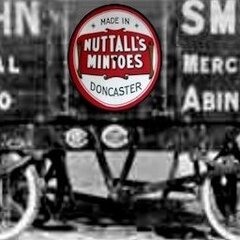

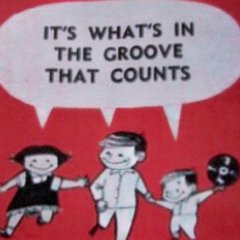
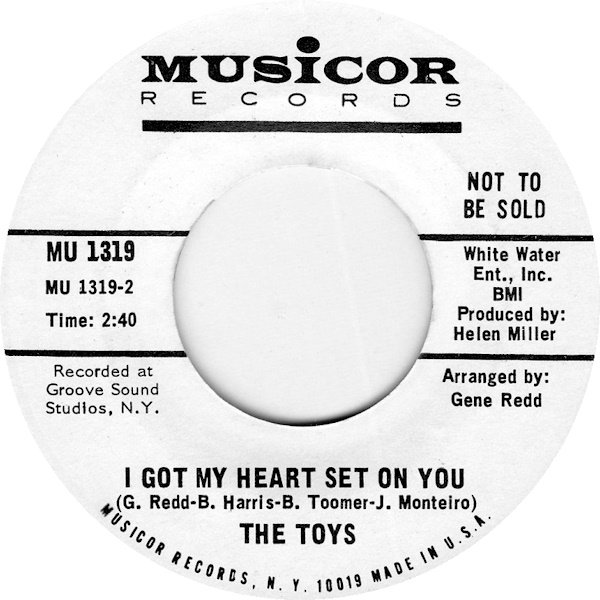
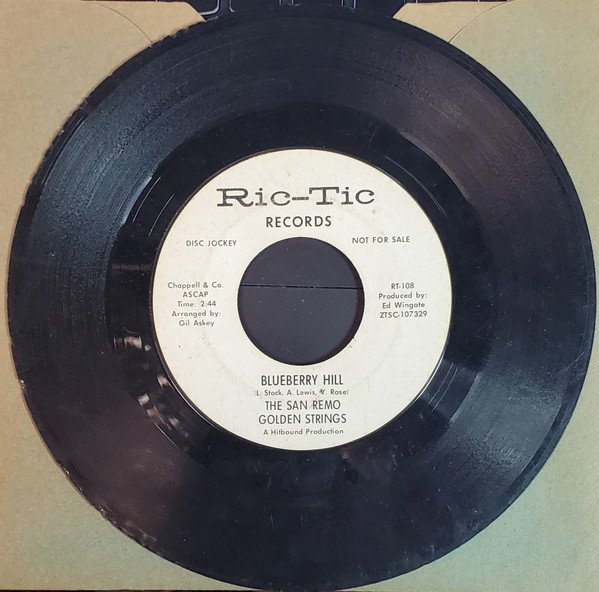
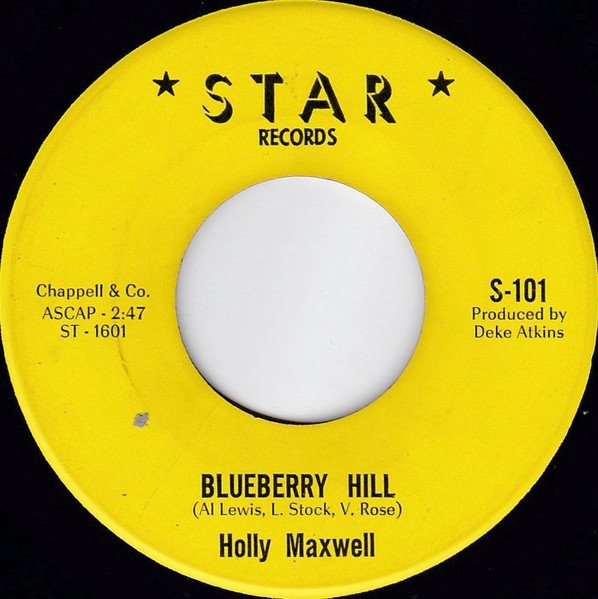
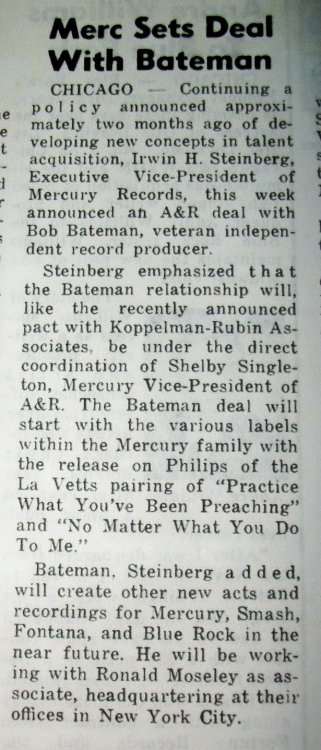

By the time Ed Wingate was trying to get into the record biz, Berry Gordy had just about hoovered up all the Detroit soul talent (singers, musicians, producers, arrangers, etc). So to make an impact, Wingate needed to bring people in from outside Detroit or find talented locals that Berry had overlooked or discarded.
Motown had 'employed' the likes of George Clinton, Sidney Barnes, Popcorn Wiley and more but had 'discarded' them. Some singers came into town looking for record deals (Edwin Starr for instance), some acts were 'too like' already established Motown acts, so Berry had little interest in them (J J Barnes, Fantastic Four). So they gravitated to GW, but even more talent was needed by Wingate in the early to mid 60's. Ahead of his own studio being finished, some GW recordings were outsourced (some even to New York). In addition to the artists / musicians, talented song writers, arrangers & producers were needed. Some came & stayed (Al Kent) but others came & went (Sonny Sanders, biz veteran Gene Redd, etc.).
By 1966 Wingate was short on cash, so maybe that's why some talented folk left GW and found greener pastures elsewhere. That may explain some departures.
But is the true story behind the growth of GW, the establishment of the company and then it's (2 stage) sale to Motown fully understood and has it been documented properly anywhere ?
JUST LOOKING AT THE FANTASTIC FOUR. They were formed after Motown was getting big hits with numerous artists, so maybe they had no chance of being signed directly by BG. So they went to Golden World and were signed straight up. They were teamed with folk like New York's Gene Redd and eventually enjoyed releases of their own. But as GW wasn't fully formed when they arrived there, it seems they initially helped out on other acts sessions. Singing backing vocals and the like.
An 'outsider' from another city, with his then group was sent to GW by a guy who knew the team there. They turned up with a couple of songs in their pocket. They 'auditioned' for the guys who happened to be in the GW building on arrival & impressed them enough to be allowed into the studio, They cut their 2 songs + a couple of old standards, with the companies musicians participating plus with vocal help from the Fantastic Four. A New Yorker oversaw the session and was impressed by the results. He took possession of the master tapes & saying he'd get a 45 released, disappeared back off home.
Things didn't work out between the group, the producer & GW, so those recordings never saw the light of day ... the songs were re-cut and did gain release. However the 'outsider' group never got a copy of their Detroit recordings and never saw the master tape ever again.
This was an everyday occurrence in the record biz back then, not a situation unique to Golden World / Ric Tic. But it just illustrates what did happen back then.
So, back to my initial query -- has the comings & goings at GW been investigated and explained / documented and how badly did this effect the company & it's output. Folk recall things not exactly as they actually happened or their memories are no longer fully accurate. Also points of view differ, so one sides view of what occurred could well be different from the other sides. So lots of work would be necessary to get the full picture. BUT with the long term interest in GW's work, I'm sure much of the info has actually been gathered.
ALSO anyone know what the ratio between recordings made & recordings released was for them ? (at outfits like Motown -- (quality control & sheer number of tracks cut) -- and Way Out in Cleveland -- (studio being a front for 'other business' & lack of funds to press up many records) -- we know the tracks that got released were only a fraction of the actual tracks laid down.
Edited by Roburt